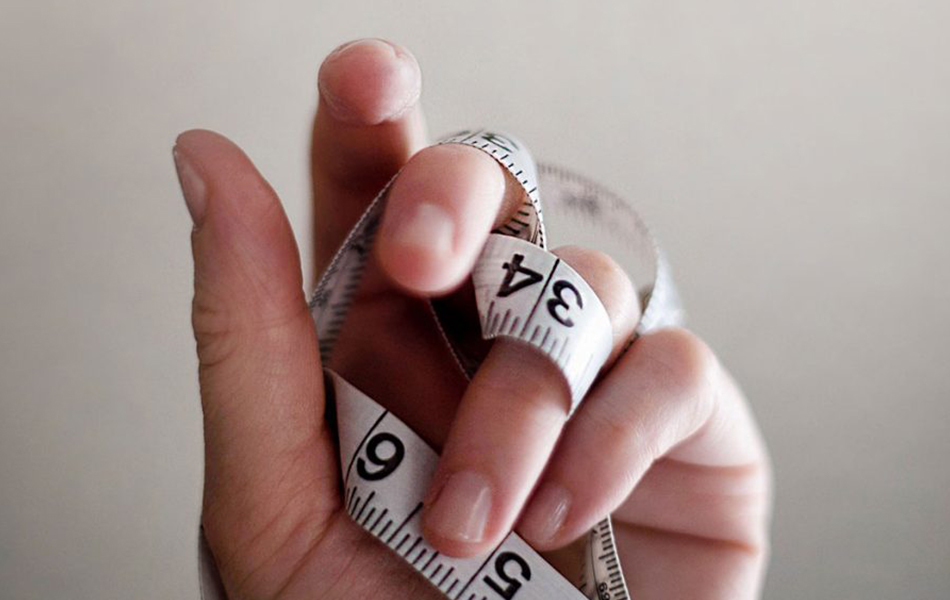Identifying Bulimia, symptoms and the aftermath

We have all heard the term before, but what does it mean? Bulimia or Bulimia nervosa is a serious mental disorder that can affect anyone of any gender, age or background. People who suffer from this are trapped in a cycle of eating large amounts of food and then trying to compensate for that by […]


